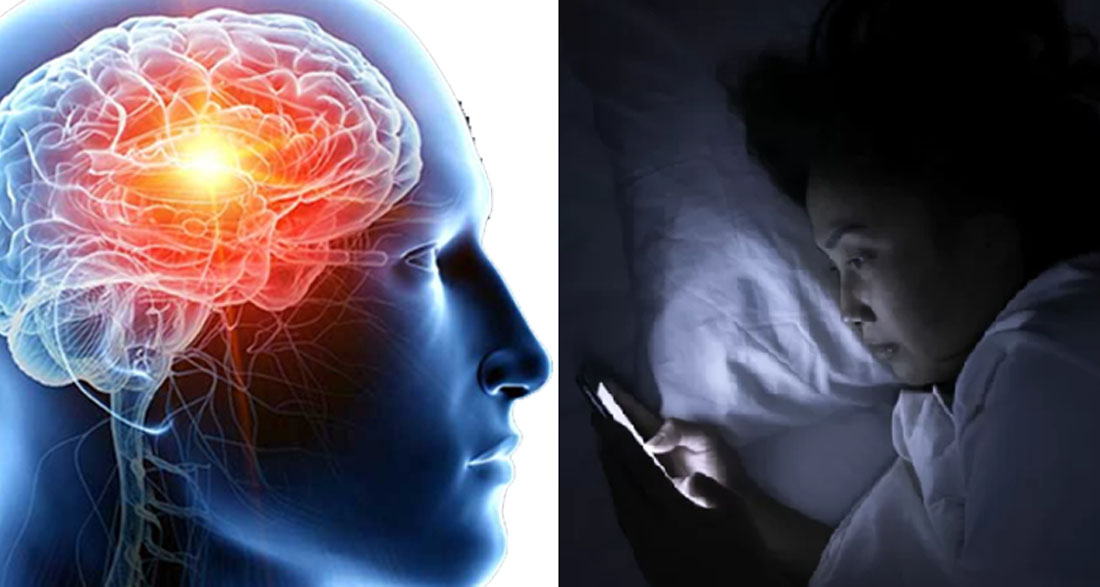Why Sleep Matters: The Hidden Dangers of Not Getting Enough Rest
Did you know that skipping sleep can do much more harm than just leaving you with dark circles under your eyes? While missing a night or two might make you feel groggy and unfocused, the long-term effects can be far more severe.
Sleep is crucial for your mind and body, and adults should aim for about 7–8 hours a night. Of course, this can vary depending on your age and lifestyle.
However, stress, health conditions like sleep apnea, or even bad habits can make it hard to get quality rest. The consequences of chronic sleep deprivation can affect both your physical and mental health in significant ways. Let’s dive into some of the biggest risks you face when you don’t get enough sleep.
1. Your Skin Takes a Hit
Ever wake up after a sleepless night and think, “Wow, I look awful”? That’s because lack of sleep can lead to dull skin, puffy eyes, and even premature aging. Chronic sleep deprivation can leave you with dark circles, fine lines, and an overall tired appearance.
Here’s why: during deep sleep, your body releases growth hormones that repair and rejuvenate your skin. When you don’t sleep enough, your skin can’t repair itself properly, leaving it more prone to damage from stress and other environmental factors. Want to keep your skin glowing? Prioritize your sleep.
2. Higher Risk of Dementia
If you often struggle with sleep in your 50s or 60s, it could signal more than just insomnia. Studies show that poor sleep increases your risk of cognitive decline and dementia. “It’s not just about memory loss,” experts explain. “Even a small change in sleep patterns can have a ripple effect on brain health.”
This doesn’t mean every sleepless night leads to dementia, but it’s a sign to take sleep seriously. If you’re having trouble sleeping, don’t brush it off—consult a healthcare provider.
3. Heart Health on the Line
Poor sleep isn’t just a nuisance; it can be a silent threat to your heart. Studies link insufficient sleep to a host of heart-related problems, including high blood pressure, irregular heartbeat, strokes, and even heart failure.
Here’s a shocking fact: about 90% of people with chronic insomnia also suffer from another serious health condition. Sleep deprivation disrupts how your body manages blood pressure, glucose levels, and hormones—all of which are critical for heart health.
4. Weight Gain and Obesity
Did you know that sleep and weight are closely connected? If you’re trying to lose weight, not getting enough sleep might make it nearly impossible. Lack of sleep messes with your hunger hormones, making you feel hungrier and crave unhealthy foods.
One study found that people who slept less than six hours a night were 30% more likely to become obese than those who got 7–9 hours. So, if you’re watching your waistline, don’t just count calories—count your hours of sleep, too!
5. Weakened Immunity
If you’ve ever noticed you’re more likely to catch a cold after a few sleepless nights, you’re not imagining it. Sleep is essential for a strong immune system.
When you sleep, your body produces infection-fighting molecules like antibodies and cytokines. Without enough rest, your immune system can’t keep up, leaving you more vulnerable to illnesses like colds, flu, or even worsening existing respiratory issues.
6. Trouble Thinking Clearly
Sleep isn’t just about resting your body—it’s also when your brain organizes information, solves problems, and solidifies memories. Without enough sleep, your ability to focus, reason, and learn plummets.
For students especially, lack of sleep can lead to poor grades and trouble staying on top of studies. “It’s not just being tired in class,” one researcher explained. “Sleep-deprived students have a harder time processing information and managing stress.”
7. Risk of Depression
Did you know that insomnia and depression often go hand in hand? Research shows that people with sleep problems are ten times more likely to develop depression.
Patrick H. Finan, a sleep expert, explains, “Poor sleep can make it harder to regulate emotions, which might leave you more vulnerable to depression—even years down the line.” On the flip side, depression itself can worsen sleep quality, creating a vicious cycle.
8. Hormonal Chaos
Your body’s hormones depend on regular, quality sleep to stay balanced. Sleep deprivation can throw off the production of critical hormones, leading to issues like slower muscle growth, poor cell repair, and even metabolic disorders.
For example, your pituitary gland, which controls growth and other vital functions, needs deep sleep to work properly. Skipping sleep can disrupt this process and lead to long-term health issues.
The Takeaway
Sleep isn’t a luxury—it’s a necessity for your health and well-being. From glowing skin to a sharp mind and a healthy heart, getting enough rest impacts every part of your life.
So the next time you’re tempted to binge-watch one more episode or stay up late scrolling on your phone, remember: sleep isn’t just about feeling rested tomorrow. It’s about protecting your future self.
What do you think about these findings? Have you noticed how lack of sleep affects you? Share your thoughts in the comments below!

